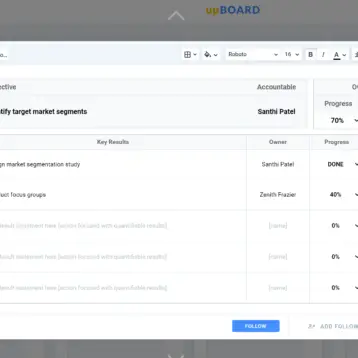Russia is on its way to developing a Linux-based alternative to Windows, which, according to the Russian news agency “CNews,” is expected to replace operating systems nationwide. The initiative was first proposed by Ilia Ponomarev, chairman of the Subcommittee for Technological Development, who raised the issue last year at a meeting discussing the “national security of information technologies.” Those in favor of the project at the Federal Assembly of Russia (FAR) are already preparing a letter for the Russian president Dmitry Medvedev, in which they request the government to fund the program.
 |
| ALT Linux |
|
According to some members of FAR, the final document presented to the president will include a thorough explanation on the benefits of a “national OS” – among other issues it emphasizes that much of the basis for such a system already exists in the form of open-source code. The developers say that the OS will significantly benefit a wide range of governmental institutions, at which it will be primarily aimed. “An operating system can be called ‘national’ if the government has the right to distribute or alter it, and in this way actively influence its development as a customer does. No systems currently exist that answer these demands, neither within the open-source community nor available as a proprietary software” – says Alexei Smirnov, general director of ALT Linux. “Keep in mind that if this OS will appear in open-source format, the more Russia will invest in the international movement of open-source software, the more it will influence it.”
Not surprisingly, the idea was greeted with criticism by Microsoft’s representatives in Russia – “Russia doesn’t need a national OS. First and foremost, it needs a realization of already existing informational solutions” – said Oleg Sutin, director of the department of economics and technology development at “
Microsoft Rus.” “It is insufficient to simply develop an operating system, as it is also necessary to ‘tie’ it to existing solutions, periphery, and to guarantee interoperability and proper infrastructure.” According to Sutin, the programming entailed in the development of such as OS seems minor when compared to the business-related challenges of the project.
Since the idea of a “national OS” is only beginning to take shape, no party would release an estimate on the cost of the project. When asked about the matter, Smirnov noted that large amounts of code already exist and are well-suited for the new OS. “It is possible to simply use existing code fragments, rewriting only that which is necessary to write anew. For example, Linux Kernel can conveniently be used as it is for the national OS.” Smirnov believes that the new system will, eventually, save the Russian government money, as it will drastically reduce the country’s dependence on foreign software and licensing agreements.
No word as yet from the office of the president; however, an anonymous source in the administration was quoted in the media saying that “Even though it is understood that the development of a national OS is needed, the project doesn’t quite fit the format of a federal program.” He expressed an opinion, according to which support for the project may be given in form of regulations, which will “force the market to turn to the project.” Overall, it seems that the program is on its way to be welcomed by the Russian government, who hopes that it will not only give the country a greater degree of customization, but also an increased control over the OS usage and access. In fact, it has been reported that a pilot program is already underway to replace Microsoft OS with Linux software at schools across the country.











